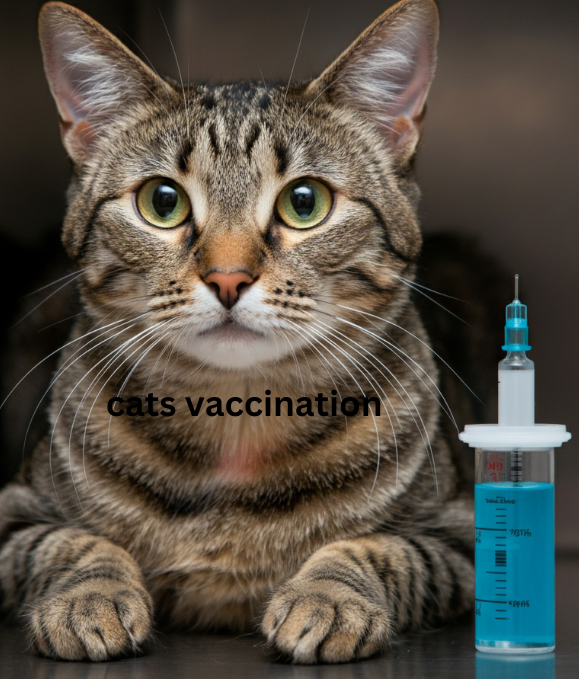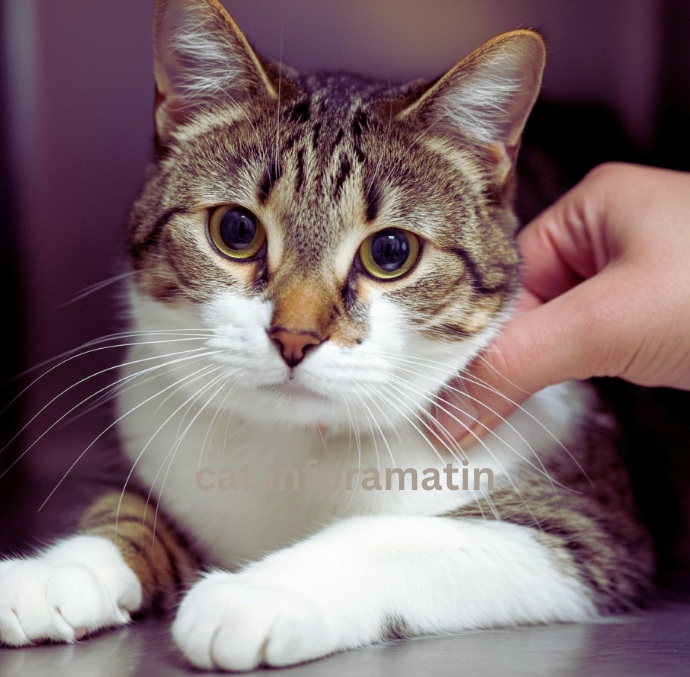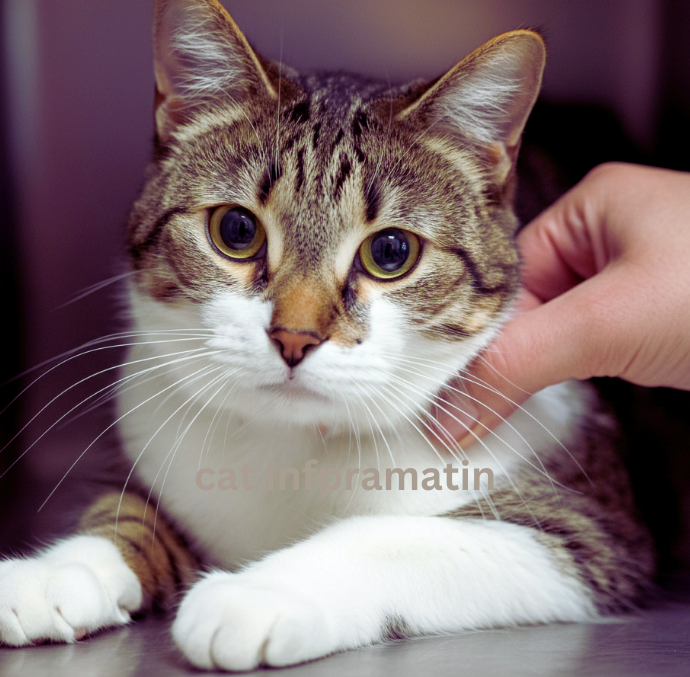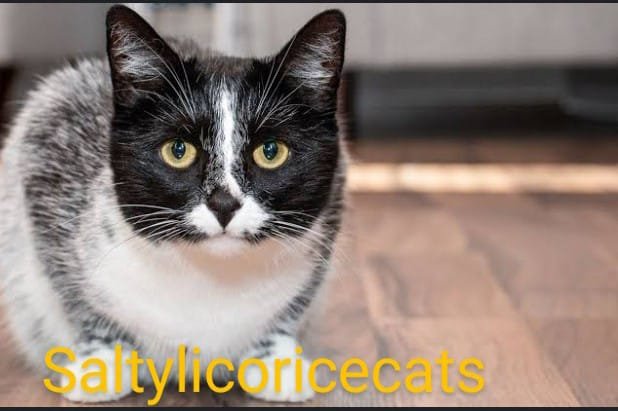
Introduction
Cats, like any other animal, need vaccinations for wellness. Like humans, cats can catch many diseases. Some are fatal or highly infectious. Vaccines help your cat’s body fight off germs and viruses. They make it stronger against diseases it couldn’t fight before.
Every responsible pet owner should know some vital things. They include vaccination schedules and types of vaccines. They also include ways to boost overall feline health. These things exist and play a great role. With our assistance, you’ll have all the data you want to guarantee your shaggy companion stays protected and sound.
Informing the Cost of Cat Vaccination

Cats vaccination prices will vary. They depend on your location, the clinic, and the required vaccines. The core vaccines including rabies and feline distemper are compulsory. They may cost $50 to $100 per visit.
Additional charges for non-core vaccines, such as a feline leukaemia vaccination, range from $25 to $50 each. Also, many vet clinics and animal shelters often mix their vaccines. They sell the packages or set low prices during vaccination-sensitive times or health events. This makes it affordable for pet owners.
To find the best prices, call the local vets. Check their vaccination calendar. Also, look for one-time or recurring discounts, and payment plans. You can make the right decisions based on your cat’s condition and your budget.
PetSmart has cat shots that are perfectly affordable depending.
Initial vaccination packages cost $60 to $100. They usually include core vaccines like rabies and feline distemper (FVRCP). Other commonly optional vaccines like feline leukaemia will cost differently, on average, $25-$40 each.
Hospitals that offer preventive care may also provide wellness packages. Clients can pay for these in monthly instalments to reduce costs. For accurate costs call your local PetSmart or their clinic. Ask about their vaccination programs and schedules.
Cat Vaccine Schedule

Proper vaccination is very essential for the cat to avoid attacks from various diseases that may affect your cat. Below is a general guideline cat vaccine schedule based on age and frequency:
- Kitten Vaccines (6-16 Weeks):
- 6-8 Weeks: FVRCP (feline distemper) —- first shot.
- 10-12 Weeks: FVRCP — second dose.
- 12-16 Weeks: Rabies vaccine — first dose only if state mandates.
- 14-16 Weeks: FVRCP — third dose, final dose of the series.
- Adult Cat Vaccines (1 Year and Older):
- 1 Year: FVRCP booster, rabies booster.
- Annually or Every 3 Years (depending on vaccine type): Rabies vaccine.
- Every 3 Years: FVRCP booster.
- Additional Vaccines (Based on Lifestyle):
- Feline Leukemia Virus (FeLV): It lasts about one year in outdoor cats or those in contact with other cats.
- Bordetella and Chlamydophila felis: Might be given as per the vets’ advice. This is particularly true for homes with many felines or numerous families with felines.
Continuously counsel your vet about the best inoculation plan for your feline’s way of life, well-being, and dangers. Be that as it may, feline inoculations accomplish more than safeguard them. They likewise limit illness spread in the catlike local area.
In this section, what vaccinations should indoor kittens be given and when are mentioned?
For indoor kittens, a specific vaccination regime protects them from common cat diseases. It avoids over-vaccination. Below is a recommended vaccination timeline for indoor kittens:
- 6-8 Weeks: for hardened spores — initiation. (primary antigen, against feline viral respiratory disease, calicivirus and panleukopenia).
- 10-12 Weeks: FVRCP rivet — reaction of the second dose in terms of immunities.
- 12-16 Weeks: Rabies vaccine — legally recommended each year and for kittens living in houses.
- 14-16 Weeks: FVRCP — booster in the last in the series.
Adult Indoor Cat Vaccines
- 1 Year: Vaccines boosters – FVRCP and Rabies.
- Every 3 Years (or as recommended): FVRCP booster.
- Annually or Every 3 Years (depending on vaccine type): Rabies vaccine.
Indoor kittens are unlikely to get some diseases. But, core vaccinations are still important. They protect their health and meet rabies laws. It is essential to discuss with your vet to check for appropriate shots in the kitten depending on his or her daily activities.
Affordable Kitten Vaccination Service
Many clinics offer free or low-cost vaccines for those with limited funds for cat and kitten treatments. These programs, used by animal shelters humane societies, and some vet colleges, aim to vaccinate all pets, no matter the cost. Also, some nonprofits have contracts with local vets to offer low-cost services.
Make sure you register early as these clinics run on a schedule and may be fully booked at any one time. If you have any previous records of vaccinations this should also be taken along to ease the process. Immunization of your kitten is another crucial factor that will go a long way in making sure that your kitten has a healthy life.
What Vaccine Shots Are Necessary For A Cat Annually?

Annual boosters are vital for your cat’s health. They prevent deadly diseases. The essential inoculations, including the rabies immunization, are required. They should be refreshed no less than one time each year or as your vet suggests.
Another yearly antibody is the FVRCP. It safeguards against cat viral rhinotracheitis calicivirus, and panleukopenia. For felines presented to different creatures or taken outside, catlike leukaemia (FeLV) is a non-centre immunization. It could be given every year. Your vet has to know your feline’s way of life, climate, and well-being history. This will assist them with finding the best inoculation timetable to safeguard your feline throughout the entire year.
Kitten Vaccination Schedule
Felines should be immunized appropriately to furnish them with a sound start to their lives. Booked inoculations typically start at 6 two months followed by supporter dosages at 3-multi week spans up to the time the little cat is four months old. The following is a common rule for a little cat inoculation plan:
- 6-8 Weeks: Initial vaccination – Before the first FVRCP vaccine. It safeguards against cat viral rhinotracheitis, calicivirus, and panleukopenia.
- 10-12 Weeks: Second FVRCP vaccine, first FeLV vaccine if advised.
- 14-16 Weeks: Third FVRCP vaccine and second booster of FeLV vaccine. Rabies antibody is additionally given at this stage on the off chance that need be as might be prescribed by regulation or guideline regarding when inoculating the dog is legitimate.
Your vet will encourage when to offer the supporter chances after the main series of little cat inoculations. In this way, kindly counsel your vet about an immunization program for the little cat. Take care of it as the little cat develops.my other website
You are here most likely because you are looking for immunizations for felines close to your area.
Neglecting to immunize your feline with impeccable timing is perhaps the greatest insult you can at any point expose your feline to. Assuming you’re not kidding feline immunizations close to me, visit nearby vets or creature emergency clinics. Most above rehearses completely immunize cats and felines to safeguard them.
Also, mobile vets and pet vaccination clinics are cheap, convenient ways to vaccinate your pet. They are local, too.
For the best reference, one can google it, ask friends or contact local animal shelters. Some resources are suggestions for finding the appropriate and credible providers. Remember, your cat’s vaccines protect against diseases. They also promote unity in the pet community.
Exploring the Costs of Cat Vaccination
Feline immunization costs rely upon the kind of antibody and where you get it. They change if the vet is free, a versatile vet or a minimal-expense facility. Core vaccines protect cats from diseases like feline panleukopenia calicivirus and rabies. They cost $20 to $60 per shot.
Other vaccines, not essential for core shots, may cost $25 to $50. It depends on your cat’s needs. To ensure customers can afford many expenses most vets have low-cost wellness programs. They offer alternatives to expensive shots.
Most animal shelters and some nearby free pet clinics offer low-cost vaccines for your pets, especially if you’re on a tight budget. Of course, shots cost money. But it’s better to spend it. Giving Petsko the shot will prevent health problems. They will need more money to treat them. It will also make the cat’s life longer and healthier.
Conclusion
Vaccination is key to being a good cat owner. It prevents deadly diseases. As such, costs may differ between service providers. So, consider cheaper options. Package deals or clinics with lower rates for regular vaccinations should suffice. Most people will find them budget-friendly. Besides saving your money in future, vaccination is one of the most important ways to keep your cat happy and healthy.
FAQs
Why must my cat receive the vaccines?
A: Center immunizations safeguard your feline from a few destructive contaminations. These incorporate cat calicivirus panleukopenia and rabies. They additionally lessen the spread of infectious illnesses to different pets in your area.
My cat needs vaccination; how often should I have it vaccinated?
Little cats need a few immunizations in their most memorable year. They additionally need yearly or supporter shots, as your vet suggests. The frequency mainly depends on age. The lifestyle your cat leads, and the vaccines your cat requires.
Is there any cheap way to get vaccines for cats?
A: Yes! Most veterinary clinics now have wellness plans. They offer limits for bundled immunizations. Likewise, neighbourhood havens and centres offer minimal expense inoculations for pets.
Can my cat who has never gone outside avoid vaccines?
So, even indoor cats can catch some diseases. Infections and microbes can go into your home through individuals, different creatures, or opened windows. Inoculations are significant so your feline is safeguarded regardless of what their way of life might be.
Is there any negative effect that could come up when you immunize your cat?
Vaccinations are usually harmless. Some cats may be uncomfortable after the shots. They may likewise be tired for a little while. Serious responses are incredibly improbable, yet if they ought to occur, call your veterinarian without a moment’s delay.
